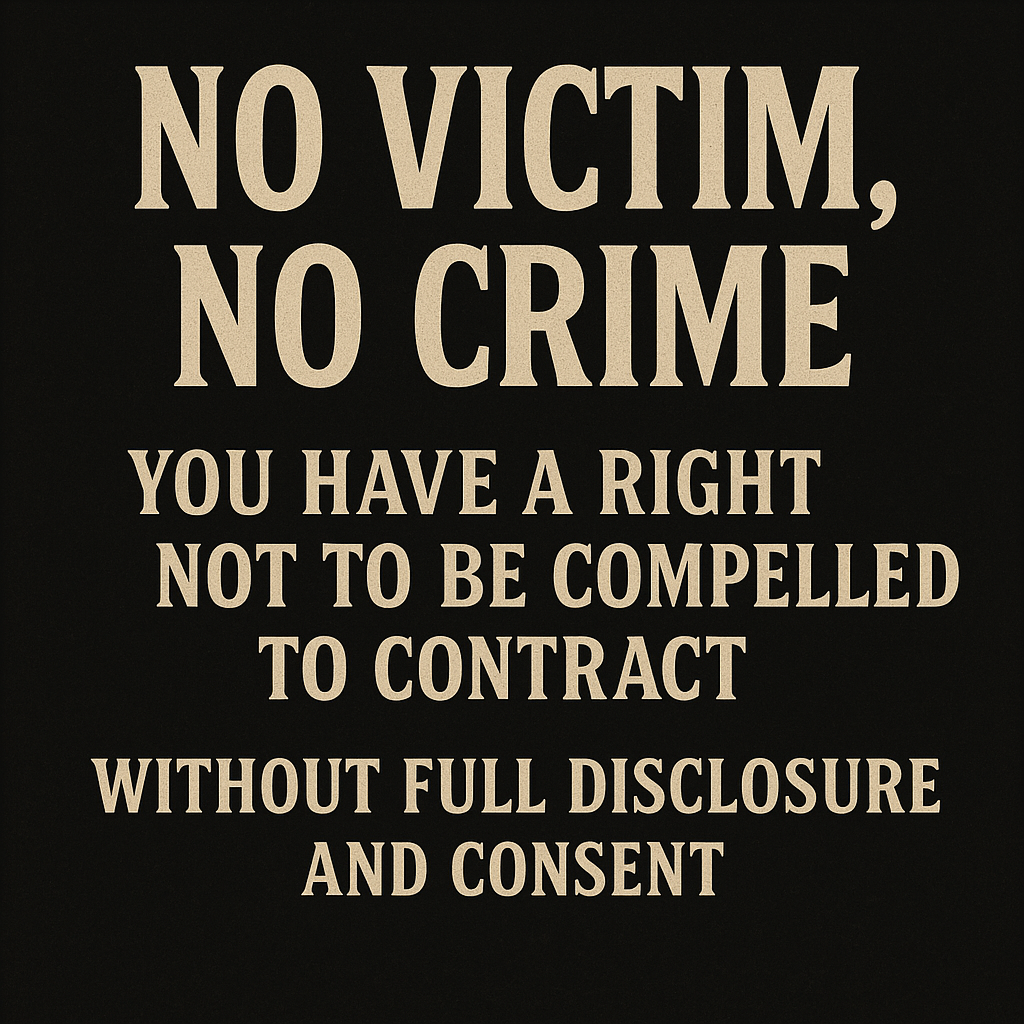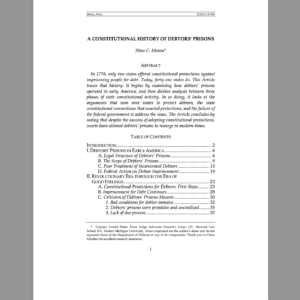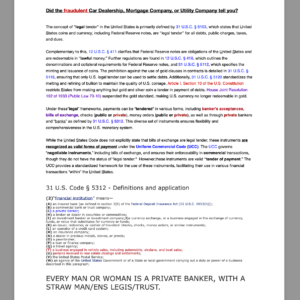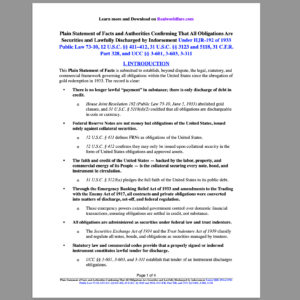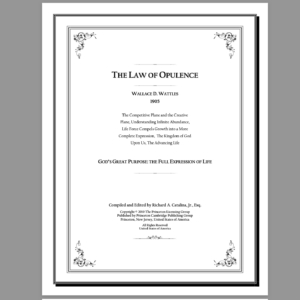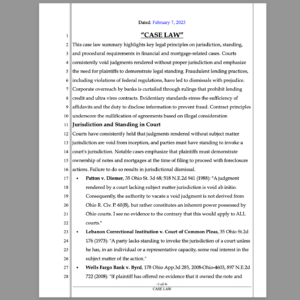In a nation founded on the principles of liberty, due process, and natural rights, it is fundamentally unlawful to prosecute or punish individuals for victimless crimes—especially when such enforcement stems from forced compliance, compelled contracts, or presumed commercial agreements lacking informed consent.
Such actions, when carried out by public officials or law enforcement, often rise to the level of unconstitutional abuse and deprivation of rights under color of law as defined under 18 U.S.C. § 242 and 42 U.S.C. § 1983. When no actual harm, crime, or injured party exists, the state has no lawful standing to enforce anything.
This includes being arrested, fined, or penalized for refusing to identify oneself when there is no crime, no injured party, and no lawful probable cause. It also includes being coerced into adhesion contracts with government entities under duress, fraud, or constructive trust doctrines, without full disclosure or voluntary agreement—an act which violates basic contract law and constitutional protections.
🔹 What Is a Victimless Crime?
A victimless crime is an alleged offense in which no living, injured party exists, no property has been damaged, and no rights have been violated. These “crimes” are often statutory in nature and enforced solely through codes or administrative policy, not through the common law or constitutional authority.
Common Law Principle:
“For a crime to exist, there must be an injured party (corpus delicti).”
🔹 Failing to Identify: No Crime Without a Cause
Contrary to popular belief, you are not legally required to identify yourself to an officer unless you are lawfully arrested based on probable cause of a crime. Simply refusing to give a name—without suspicion of actual criminal activity—is not a crime.
Hiibel v. Sixth Judicial District Court, 542 U.S. 177 (2004):
The Court held that states may require identification only after a valid stop based on reasonable suspicion. Mere refusal to identify without probable cause is not sufficient to justify arrest.
Thus, failure to identify is not a crime in and of itself—especially when the officer cannot articulate a specific crime or identify an injured party. Attempts to arrest, threaten, or detain under such conditions may constitute unlawful detention, and when enforced under a badge or title, amount to color of law violations.
🔹 The Right Not to Contract
No government, officer, or agency has the authority to compel you into a contract—especially not one that is:
-
Undisclosed
-
Unconscionable
-
Constructive (implied without your knowledge)
-
Or used to strip you of your rights in exchange for a “benefit” or “privilege”
Maxim of Law:
“No one is bound to accept a benefit against his will.”
(Non tenetur acceptare beneficium invitus.)
U.C.C. §§ 1-103 & 1-308:
These sections confirm your right to reserve all rights and to avoid being bound by adhesion contracts or presumed commercial obligations that you never knowingly accepted.
🔹 Constructive Trusts and Commercial Presumptions
The modern legal system often operates on presumption rather than proof. It assumes that you:
-
Are a “person” as defined by 26 U.S.C. § 7701 (i.e., a trust or corporation)
-
Have entered into implied contracts (e.g., licenses, registrations, etc.)
-
Are operating in commerce simply by using a vehicle or identifying yourself
These relationships are commercial and constructive, not natural or lawful—and they can be rebutted.
If these presumptions are enforced without your knowing consent, especially by officers or agents of the state, such enforcement becomes unconstitutional and may be prosecuted as deprivation of rights under color of law.
🔹 You Cannot Be Lawfully Compelled Into Contract
The government cannot lawfully force you to surrender your unalienable rights in exchange for a regulated benefit—such as:
-
The right to travel being converted into a state-granted driving privilege
-
The right to liberty being exchanged for a license or permit
-
The right to remain private being traded for registration or identification
To do so violates:
-
The Fifth Amendment – protection from compelled self-incrimination and deprivation of liberty without due process
-
The First Amendment – freedom of association, expression, and belief
-
Basic contract law – no contract is valid without knowing, willing, and intentional consent
Compelling performance under such conditions—especially without full disclosure—renders any purported agreement void ab initio and any enforcement effort unconstitutional and unlawful.
🔹 Final Thoughts
You cannot be lawfully held accountable for victimless “crimes” based on:
-
Lack of full disclosure
-
No injured party
-
Constructive or unrebutted presumptions
-
Forced identification or adhesion contracts
-
Commercial jurisdiction you never knowingly entered
Any attempt to enforce such terms—without consent or a harmed party—constitutes color of law activity and a direct violation of your constitutionally protected rights.
“A contract made under duress or without knowledge is void ab initio.”
A man or woman cannot be forced to waive their rights in exchange for a privilege they never asked for. No badge, statute, or administrative policy can override the Constitution or the common law right to be free from compelled contracts, enforcement without injury, or jurisdiction without consent.
